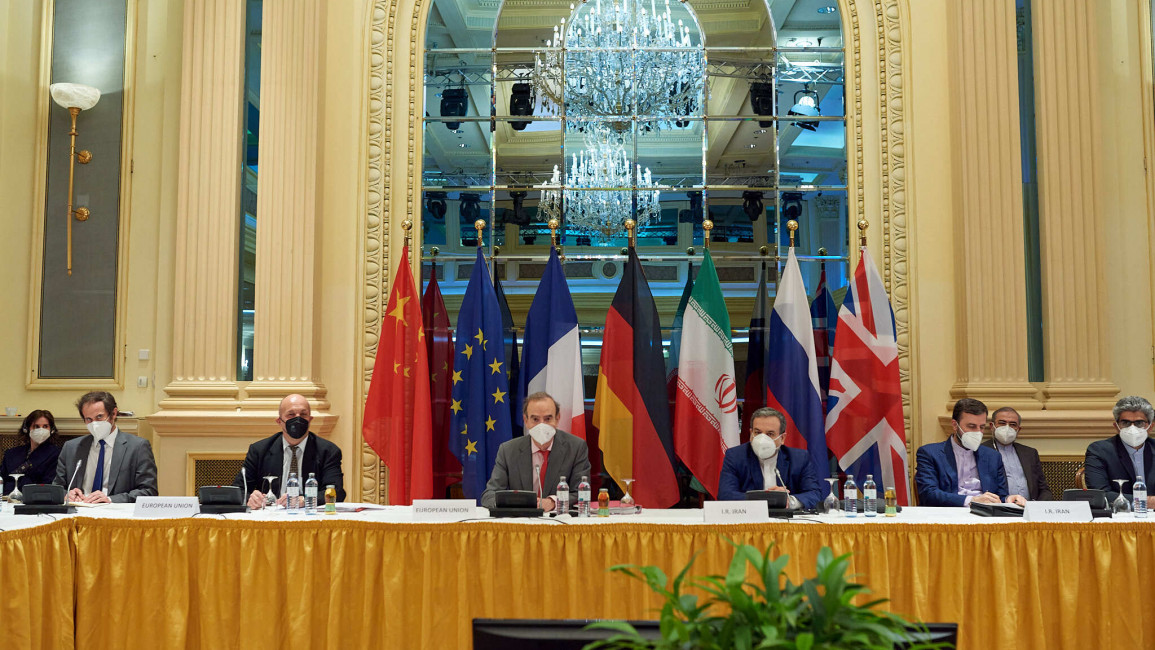Iran nuclear agreement a 'feasible' outcome: report
An agreement to bring the US back into the 2015 Iran nuclear deal is "feasible" so long as there is "political will", a diplomat has said, as world powers resume talks to revive the tattered accord.
Iran and Russia have expressed optimism that the fifth round of negotiations in Vienna will be the last, while others parties to the deal, notably the US and most European powers, have cautioned that unresolved issues abound.
A diplomat who spoke to Politico on condition of anonymity said any agreement was contingent on "political will".
"There is of course no guarantee that major sticking points will be solved, but I think it is possible that we will come to [a] positive conclusion of the talks prior to the Iranian elections on June," the diplomat claimed.
A 'positive conclusion' could take the form of a plan to sequence Iran's roll-back of its nuclear advances in exchange for US sanctions relief.
But there is still disagreement over which sanctions the US will reverse. Tehran has demanded that Washington roll back all sanctions, but the Biden administration has dismissed this as a "maximalist" position.
The diplomat added that it is still unclear whether the US or Iran had received additional information in recent days allowing it to "move forward".
European delegates have been shuttling between the two sides for weeks, focusing on minute details about Iran's centrifuges, as well as layers of US sanctions.
Read also: Iran enriching uranium at levels only countries making bombs are reaching: IAEA chief
Former President Donald Trump unilaterally withdrew from the deal in 2018 and reimposed stinging sanctions on Iran.
Tehran responded by gradually violating the deal's limits on uranium stockpiling and levels of purity. On Wednesday, the head of Iran's nuclear watchdog said Tehran is enriching uranium "at levels only a country building nuclear bombs are reaching".
Rafael Grossi's comments came a day after the Islamic Republic approved a one month extension for International Atomic Energy Agency (IAEA) to monitor its nuclear sites, which observers believe may have averted a last-minute crisis in the nuclear talks.



